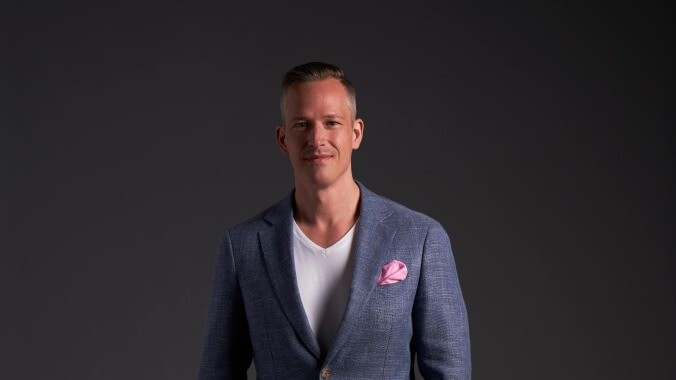Love Is Blind contestant sues Netflix over "inhumane working conditions"
Contestant Jeremy Hartwell has sued the streamer over allegations of over-working and isolating contestants to alter "their emotions and decision-making"

A contestant on the second season of Netflix reality dating series Love Is Blind has now sued the show and its production company, alleging that he was subjected to “inhuman working conditions” during filming on the series. Among other things, mortgage company director Jeremy Hartwell has alleged that the production underfed and underpaid contestants, instead plying them with alcohol and forcing them to work as many as 20 hours per day. Hartwell’s suit asserts that, due to those excessive work hours, contestants’ weekly payments of $1,000 fell well below the minimum hourly wage set by Los Angeles county.
From a legal point of view, the crux of Hartwell’s argument is that contestants on Love Is Blind, whose movements and actions are tightly regulated by the show’s production, should qualify as legal employees of the production company, rather than the less-protected independent contractors that they’re currently categorized as. Hartwell’s suit also alleges that producers intentionally cultivated distress in him and his fellow contestants in order to make “cast members hungry for social connections and [alter] their emotions and decision-making.”
Which is not new for reality dating, of course—even The Bachelor and The Bachelorette, which at least try to comport themselves as the classier entries in the field, have long been critiqued for the ways contestants are isolated, denied food, and kept well-supplied with drinks during filming. Love Is Blind presumably only exacerbates those feelings of isolation with its central conceit, in which contestants do not see the people they’re “dating” until they’ve agreed to get engaged. (And apparently told that, if they leave the show once shooting starts, they’ll be fined $50,000 in “liquidated damages.”)
Per Variety, Hartwell isn’t just suing Netflix, production company Kinetic Content, and casting company Delirium TV on his own behalf; he’s hoping to create a class-action suit on behalf of all the contestants on Kinetic’s various reality shows, which also include The Ultimatum and Lifetime show Married At First Sight. Hartwell is seeking “unpaid wages plus, financial compensation for missed meal breaks and rest periods, plus unspecified monetary damages for unfair business practices and civil penalties for labor code violations.”